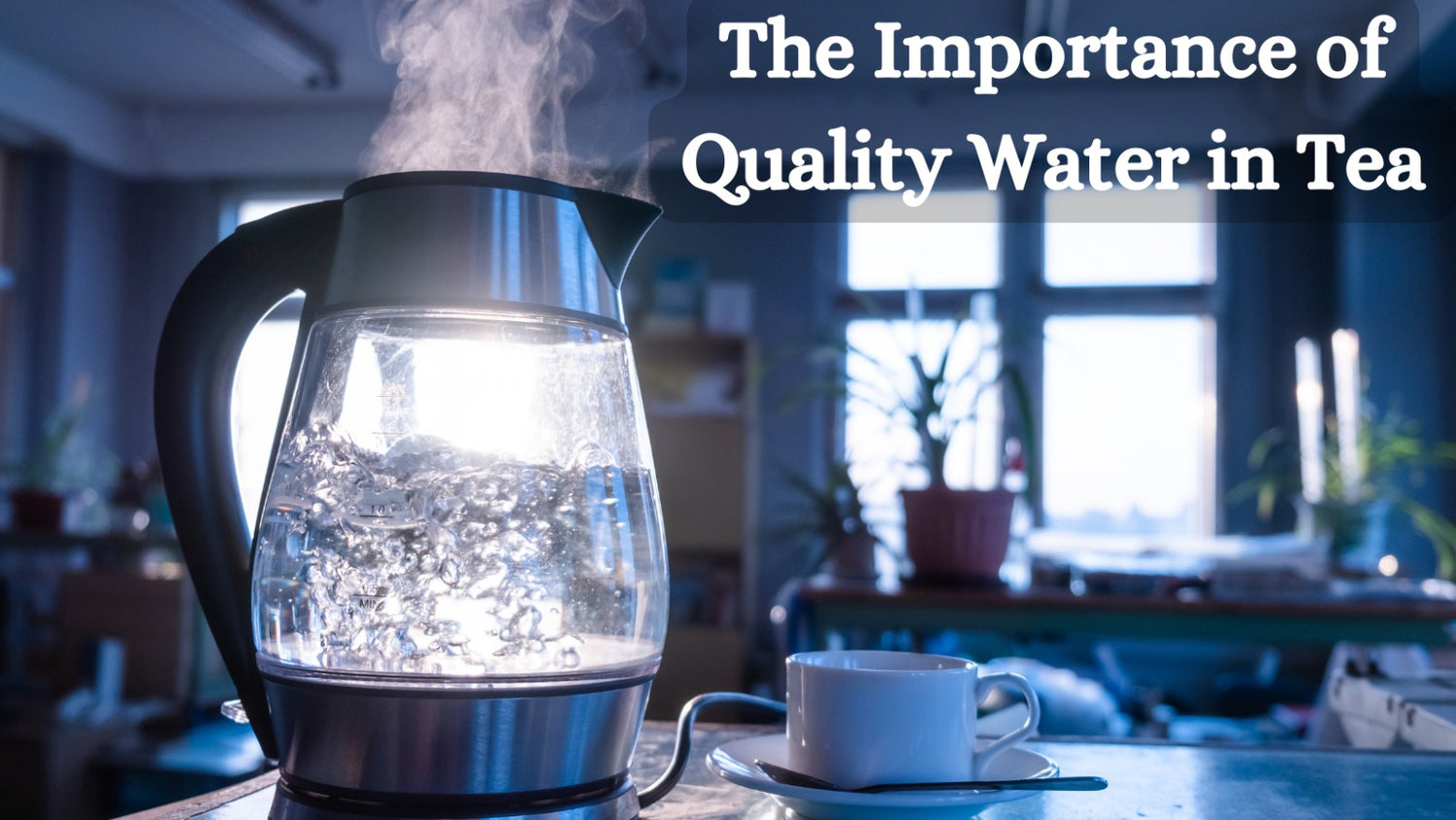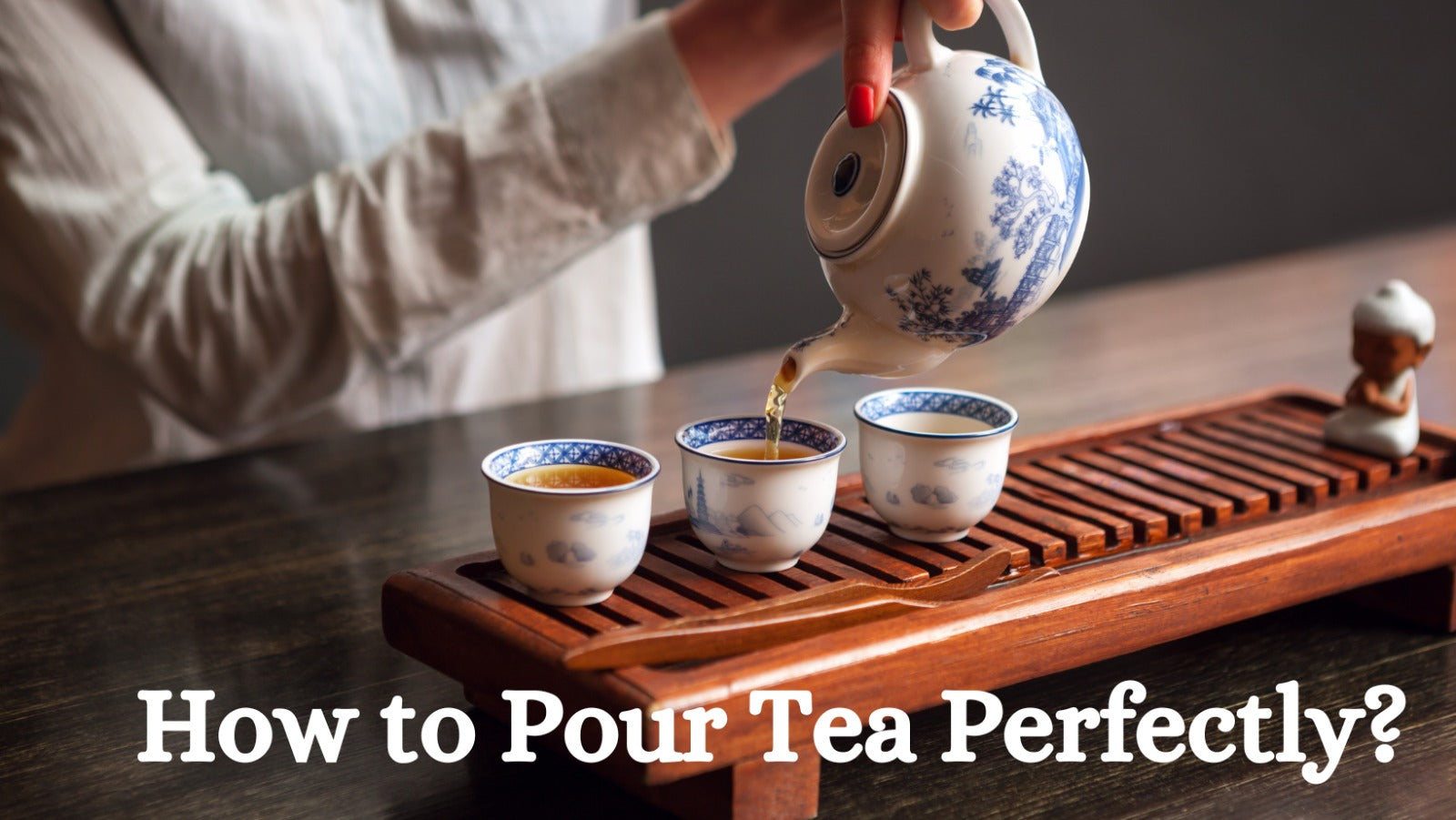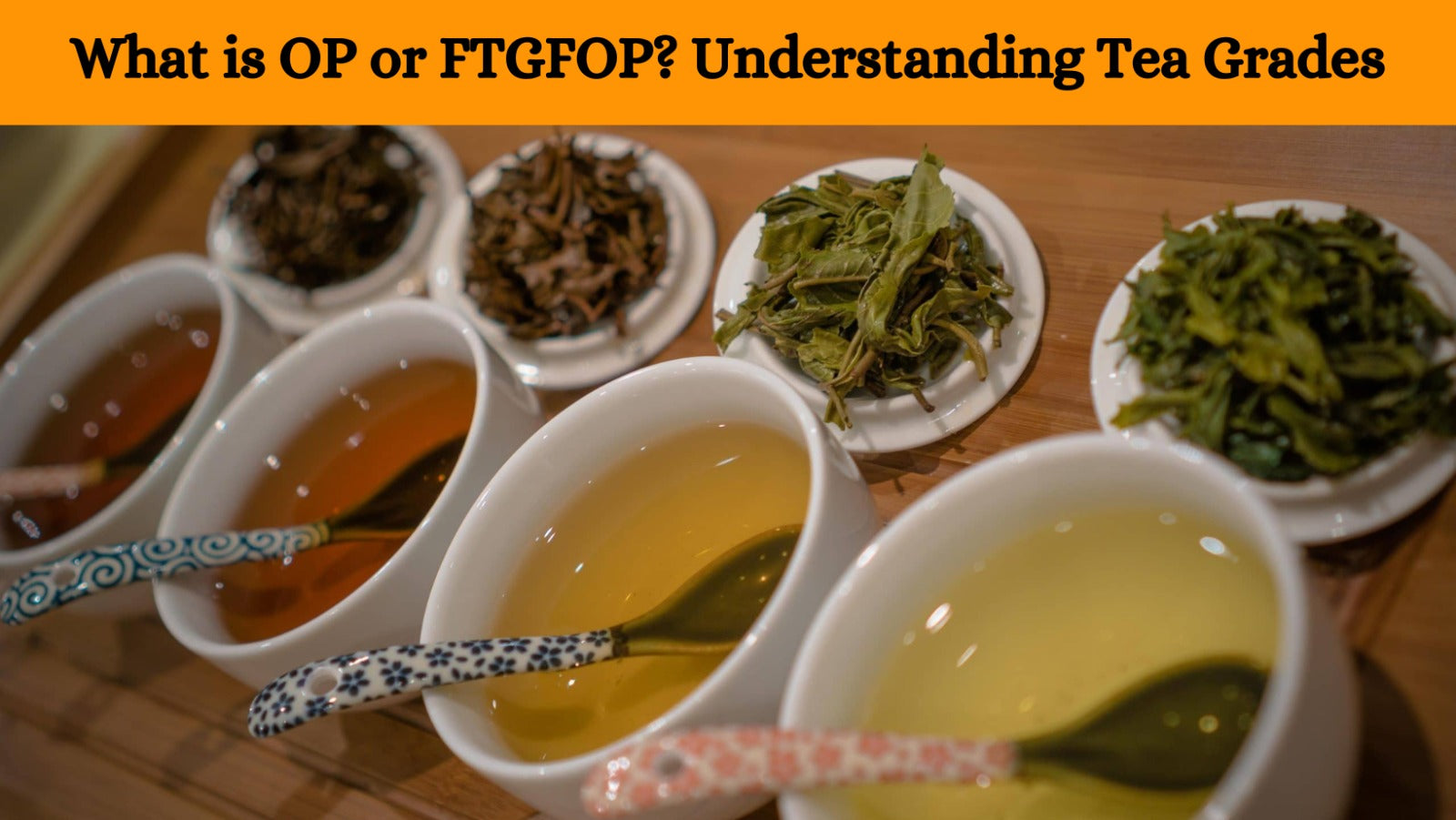Tea lovers know that a perfect cup of tea is a result of various factors – the right temperature, steeping time, and of course, the quality of water used. In fact, the importance of quality water in tea cannot be stressed enough.
Using clean, filtered water ensures that you get the most out of your tea leaves, allowing the natural flavors to shine through. Unfiltered water, on the other hand, may contain impurities like chlorine or minerals that can alter the taste and aroma of your tea.
The mineral content in water also affects the extraction process during brewing. Different tea types require different water compositions to achieve the ideal balance of flavors. For example, green teas are delicate and require water with lower mineral content to prevent bitterness, while black teas benefit from harder water to bring out their full-bodied richness.
By using high-quality water, you can elevate your tea-drinking experience, unlocking the true potential of your favorite brews. So, next time you make yourself a cup of tea, pay attention to the water you use – it might just make all the difference.
The Impact of Water on the Taste and Aroma of Tea
Water is not just a neutral ingredient in tea; it plays a significant role in shaping the taste and aroma of the final brew. The chemical composition of the water interacts with the compounds present in the tea leaves, resulting in a unique sensory experience.
One of the most common issues that arise from using poor-quality water is the presence of chlorine. Chlorine is often added to tap water as a disinfectant, but its strong odor and taste can overpower the delicate flavors of tea. Filtering or using purified water helps eliminate chlorine, allowing the true essence of the tea to shine through.
Another factor to consider is the mineral content in the water. Hard water, which contains higher levels of minerals such as calcium and magnesium, can enhance the richness and body of black teas. On the other hand, soft water, with lower mineral content, is preferred for green teas to prevent bitterness and allow the subtle flavors to emerge.
The temperature at which water is boiled also affects the taste and aroma of tea. Different tea types have specific temperature requirements for optimal brewing. For example, green teas should be brewed at lower temperatures around 160-180°F (70-82°C) to avoid extracting unwanted bitterness. Boiling water can scorch delicate tea leaves and result in a bitter and unpleasant taste.
In summary, the quality of water used in tea brewing directly impacts the overall taste and aroma of the final cup. By understanding the importance of using clean, filtered water at the right temperature, you can ensure that your tea-drinking experience is nothing short of exceptional.
Understanding the Different Types of Water for Brewing Tea
Not all water is created equal, and when it comes to brewing tea, different types of water can produce different results. Understanding the characteristics of various water sources can help you choose the one that complements your preferred tea type.Tap Water: Tap water is readily available in most households, but its quality can vary depending on your location. In some areas, tap water may contain high levels of chlorine or other chemicals, which can adversely affect the taste of tea. If you prefer using tap water, consider using a water filter or purifier to remove any impurities.
Filtered Water: Filtering tap water can help remove chlorine, sediments, and other impurities that can interfere with the flavor of tea. Discover an array of water filtration methods, ranging from activated carbon filters to reverse osmosis systems and ceramic filters. Choose a filter that suits your needs and budget, and ensure that it effectively removes any contaminants.
Bottled Water: Bo ttled water is a convenient option for brewing tea, especially if you are concerned about the quality of tap water in your area. Look for bottled water that has a low mineral content and is labeled as "spring water" or "purified water." Avoid flavored or carbonated bottled water, as they may introduce unwanted flavors to your tea.
Distilled Water: Distilled water is produced by boiling water and then condensing the steam, effectively removing impurities and minerals. While distilled water lacks minerals that can enhance tea flavors, it can serve as a neutral base that allows the natural taste of the tea leaves to shine through. However, it is important to note that prolonged consumption of distilled water may lead to mineral deficiencies in the long run.
Natural Spring Water: Natural spring water is sourced from underground springs and often contains minerals that can enhance the taste of tea. However, the mineral composition can vary depending on the source, so it is recommended to choose a spring water brand that complements the type of tea you are brewing.
It is worth experimenting with different types of water to find the one that brings out the best in your favorite teas. Remember, the goal is to use water that enhances the natural flavors of the tea, rather than overpowering or altering them.
Factors to Consider in Choosing the Right Water for Tea
When it comes to choosing the right water for tea, several factors should be taken into consideration to ensure the best possible brew. Here are some key factors:
Water Source: The source of your water can greatly impact the taste and quality of your tea. Consider using filtered or purified water to eliminate any impurities that can alter the flavor.
Mineral Content: Different teas require different mineral compositions in the water for optimal brewing. Understanding the mineral content of your water can help you match it with the tea type you are preparing.
pH Level: The pH level of the water affects the extraction of compounds from the tea leaves. Ideally, the pH of the water should be slightly acidic, around 6.5 to 7.5, to ensure proper extraction and balance of flavors.
Water Temperature: Each tea type has its own recommended water temperature for brewing. Green teas like cooler water, while black teas like hotter water. Paying attention to water temperature ensures that you extract the desired flavors without any bitterness.
Water Hardness: Water hardness is determined by the concentration of minerals like calcium and magnesium present in the water. Hard water can enhance the richness of black teas, while soft water is preferred for delicate teas like green or white teas.
Filtering and Purification: If you are using tap water, consider filtering or purifying it to remove any chemicals or impurities that can affect the taste of your tea. There are various filtration systems available, from simple pitchers to under-sink filters, depending on your needs and budget.
By considering these factors, you can choose the right water for your tea, ensuring that you achieve the desired flavor profile and make the most out of your tea leaves.
Importance of Water Temperature in Tea Brewing
Water temperature plays a crucial role in tea brewing, as different tea types require specific temperatures to extract the desired flavors and characteristics. Brewing tea at the wrong temperature can result in a bitter or weak cup. Here's a breakdown of the recommended water temperatures for various tea types:
Green Tea: Green teas are delicate and require lower water temperatures to preserve their natural flavors and prevent bitterness. The ideal temperature for brewing green tea ranges from 160-180°F (70-82°C). Brewing green tea with hotter water can make it taste bitter.
White Tea: White teas are also delicate and should be brewed at lower temperatures to avoid overpowering the subtle flavors. Aim for a water temperature between 160-180°F (70-82°C) when brewing white tea.
Oolong Tea: Oolong teas have a wide range of flavor profiles, and the brewing temperature can vary accordingly. Generally, oolong teas are best brewed at temperatures ranging from 180-200°F (82-93°C). Try varying the water temperature to discover the ideal point that accentuates your preferred flavors.
Black Tea: Black teas can handle higher water temperatures compared to green or white teas. The recommended temperature for brewing black tea is around 200-212°F (93-100°C). Boiling water is ideal for extracting the full-bodied richness and bold flavors of black tea.
Herbal Tea: Herbal teas, also known as tisanes, are not derived from the Camellia sinensis plant and can tolerate higher water temperatures. Most herbal teas can be brewed with boiling water, around 212°F (100°C), to extract their flavors effectively.
It is essential to note that these temperature ranges are general guidelines, and individual tea varieties may have specific recommendations. Always refer to the brewing instructions provided by the tea manufacturer or trusted sources to achieve the best results.
How to Properly Filter and Purify Water for Tea
Filtering and purifying water for tea is a crucial step in ensuring that you have clean and high-quality water for brewing. Here are some methods to filter and purify your water effectively:
Water Filters: Water filters come in various forms, including pitcher filters, faucet filters, and under-sink filters. These filters use activated carbon or other materials to remove impurities and improve the taste of tap water. Follow the manufacturer's instructions to install and maintain your chosen water filter.
Reverse Osmosis Systems: Reverse osmosis systems are highly effective at removing contaminants from water. These systems use a membrane to filter out impurities, including heavy metals, chemicals, and microorganisms. Reverse osmosis systems are usually installed under the sink and require professional installation.
Boiling Water: Boiling water is a simple and effective way to kill bacteria and other microorganisms that may be present in tap water. Heat the water to a rolling boil for at least one minute to ensure it's safe for consumption. However, boiling water does not remove impurities such as chlorine, so it may not be the best option for improving taste.
Conclusion: Elevating Your Tea Experience with Quality Water
In conclusion, don't overlook the importance of using quality water when brewing your tea. It's a simple yet impactful step that can elevate your tea-drinking experience to new heights. By considering factors such as water quality, hardness, and temperature, you can ensure that your tea is brewed to perfection, with all the flavors and aromas intact.So, the next time you reach for your favorite tea leaves, take a moment to think about the water you're using. Opt for filtered or spring water, and pay attention to water hardness and temperature. Your taste buds will thank you as you savor each sip of the perfect cup of tea - made with care and quality water.




